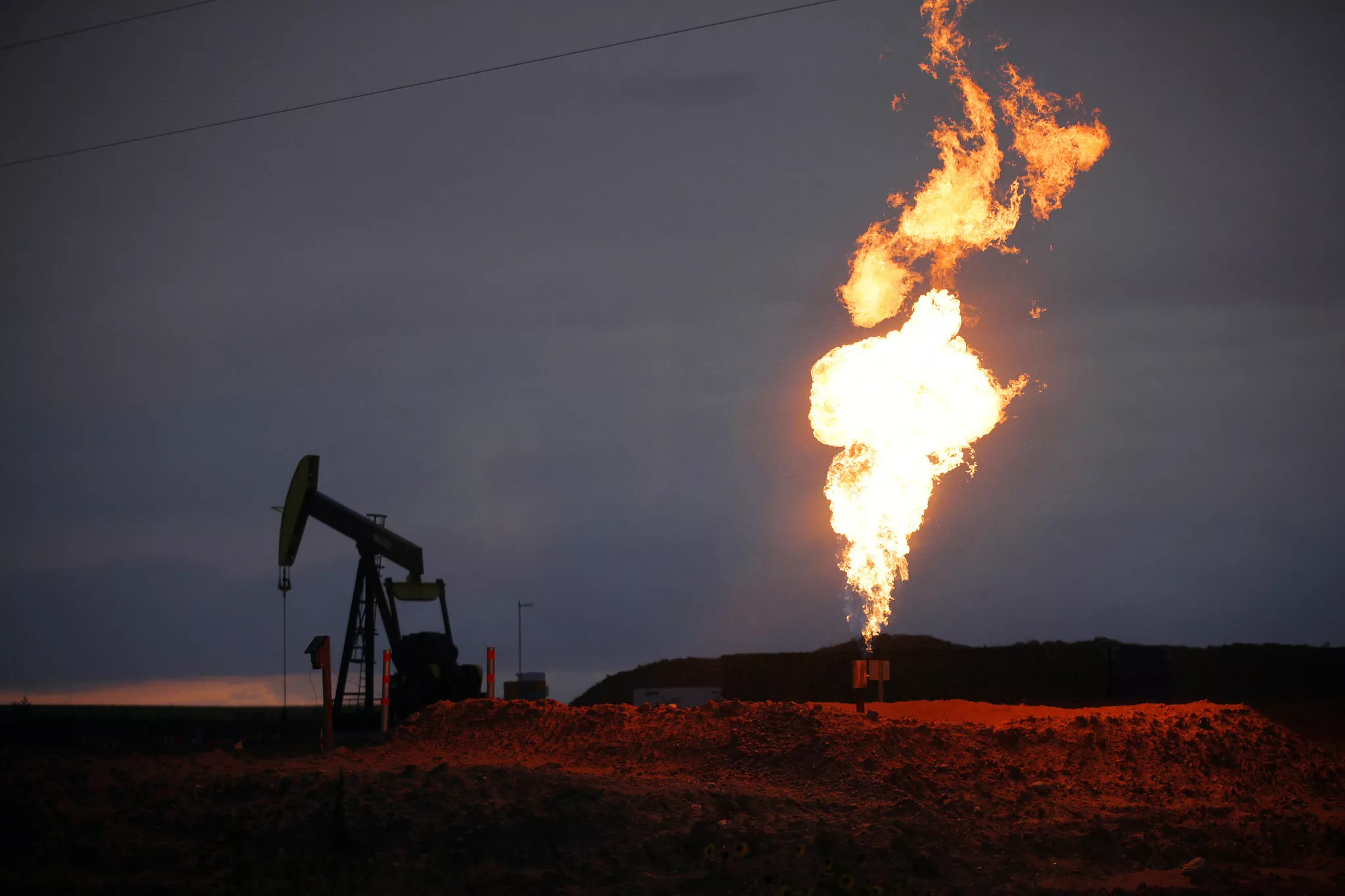The Institute for Energy and Extractive Industry Law has reported a significant financial setback for Nigeria’s oil industry, revealing that the country incurs a loss of $1,000 on every barrel of crude oil it exports. This disclosure came during a one-day roundtable in Lagos focused on the role of the Nigerian Midstream and Downstream Petroleum Regulatory Authority (NMDPRA) in ensuring energy security.
Energy policy expert Mr. Henry Adigun, who spoke at the event, highlighted that the $1,000 per barrel loss is no longer sustainable. He attributed this substantial loss to Nigeria’s inability to capitalize on its crude oil resources through value addition, such as local refining. Adigun emphasized that while the Federal Government supports local refinery operations, the NMDPRA’s mandate does not include supporting monopolistic practices in fuel supply and distribution.
Mr. Taiwo Ogunleye, another expert from the Institute, echoed Adigun’s concerns, stressing the importance of regulatory frameworks in ensuring efficiency and transparency within the industry. Ogunleye pointed out that the Petroleum Industry Act (PIA) mandates that no single entity should control more than 40% of the fuel supply and distribution market in Nigeria. The only exception to this rule is the Nigerian National Petroleum Company Limited (NNPCL), which the PIA designates as the “supplier of last resort.”
Ogunleye further explained the crucial role of petroleum in the global energy mix and economy, noting its extensive applications from fueling vehicles and generating electricity to producing a wide array of everyday products. He emphasized that the petroleum industry encompasses a comprehensive value chain, including upstream, midstream, and downstream sectors.
A report from the Oil, Gas, and Mining Policy Division of the World Bank, cited by Ogunleye, underscored the detrimental effects of inadequate regulation and enforcement on fuel supply efficiency. The report highlighted that outdated regulations and insufficient coverage could deter experienced operators adhering to high standards.
Ogunleye advocated for a legal framework in the downstream petroleum sector that clearly defines and limits government involvement to avoid undue interference. This framework should establish principles and rules for both private and public participants, fostering a competitive, transparent, and fair market environment.
The report also noted that an efficiently managed downstream oil sector could benefit all economic sectors by delivering petroleum products at the required quantity, quality, and cost-effectiveness. Factors influencing end-user prices include market size, economies of scale, transportation costs, and pricing mechanisms, whether liberalized or controlled.
Discussing energy security, Ogunleye explained that it encompasses the continuous availability of energy in sufficient quantities at reasonable prices. He outlined the key dimensions of energy security: availability, affordability, accessibility, and acceptability. Availability ensures energy supplies are ample; affordability aims for low prices; accessibility ensures that all citizens have access to energy; and acceptability addresses the environmental impact of energy production and consumption.
Related topics:


























